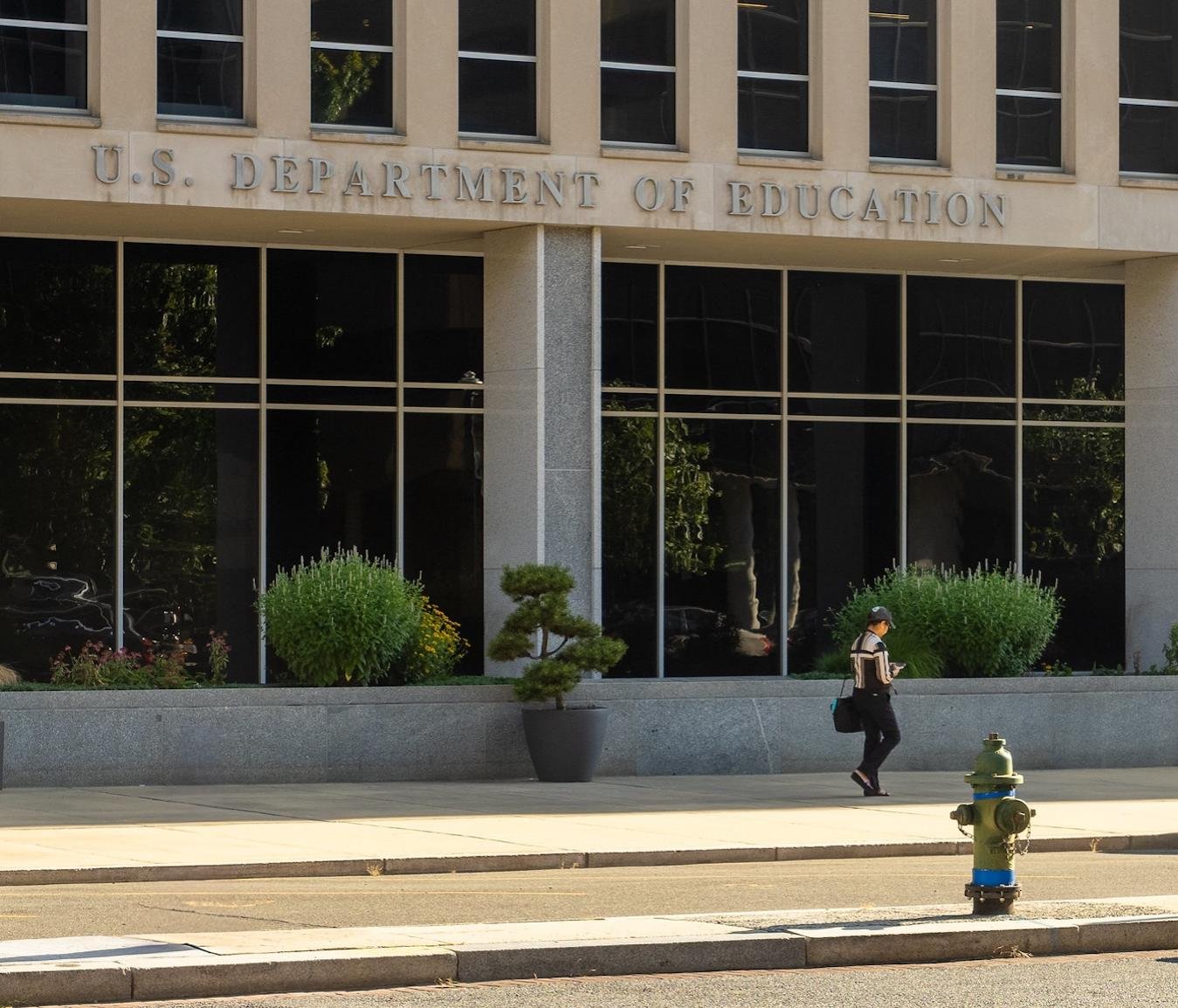Business
Federal Education Cuts and Trump’s DEI Demands: A Recipe for Chaos for States and Teachers

Early this month, the U.S. Department of Education issued a directive to K-12 public schools and state education agencies, demanding certification against discrimination related to diversity, equity, and inclusion (DEI) initiatives. Schools that do not comply risk losing substantial federal funding, which includes billions aimed at supporting low-income students.
The immediate response from several states was one of resistance. Democratic governors in multiple states contended that the directive lacks a solid legal grounding, fails to define “illegal DEI practices,” and threatens essential equity initiatives in education. Lawsuits from both the National Education Association and the American Civil Liberties Union prompted the Department of Education to postpone enforcement until after April 24.
Meanwhile, concerns regarding other federal funds have emerged across the nation. States have already committed pandemic-era money, raising fears about potential impacts on their educational resources. The Department of Education has historically been vital in distributing federal funds like Title I grants, essential for schools catering to high percentages of low-income students. Conservative-led states, such as Mississippi, South Dakota, and Arkansas, heavily depend on these funds to sustain educational services.
Mississippi and Kentucky formalized their apprehensions regarding the directive by sending letters to the Department of Education, fearing impending cuts to pandemic aid. This clash over federal funding occurs against a backdrop of uncertainty regarding the future of the Department of Education, following President Donald Trump’s promise to dismantle it.
In their correspondence, officials from states like Illinois, New York, and Wisconsin expressed their dissent against the DEI policy. New York’s officials firmly stated their intention not to provide further certification, arguing that there are no existing federal or state laws that contradict DEI principles. Illinois Superintendent Tony Sanders raised concerns about the legality of altering federal funding conditions without formal processes. Similarly, Wisconsin Superintendent Jill Underly questioned the order’s validity.
Contrary to the federal stance on DEI, New York State Department of Education Counsel, Daniel Morton-Bentley, highlighted a stark contrast to previous support for DEI efforts during Trump’s first term, under former Education Secretary Betsy DeVos. Other states like Colorado and California have also indicated they will not adhere to the federal directive, raising the likelihood of legal disputes over funding.
In stark contrast, conservative-led states such as Florida have adopted the federal guidelines, aligning them with their existing state laws. Florida has had anti-DEI policies since 2023, and many districts are poised to comply with the federal directive as part of broader educational reforms.
The situation was exacerbated in March when the Department of Education abruptly rescinded extensions of pandemic-related aid, cutting off funding months ahead of schedule. The abrupt termination drew criticism from various quarters, including the Massachusetts governor’s office, which received a blunt response from the federal department stating, “COVID is over.”
In response to the funding cuts, sixteen states, predominantly led by Democratic governors along with the District of Columbia, filed a federal lawsuit against the Department of Education. This legal action challenges the sudden rescission of previously approved COVID-19 education relief funds.
However, backlash against these cuts has not been confined to blue states. Mississippi’s Department of Education underscored the risks posed by the cuts to over $137 million earmarked for vital services, including literacy programs and mental health services. State Superintendent Lance Evans emphasized that the reversal’s impact is detrimental to Mississippi’s students.
Kentucky’s state Education Commissioner, Robbie Fletcher, informed districts facing potential loss of tens of millions in pandemic aid that recent federal changes have placed them “in a difficult position.” The state still has approximately $56 million of unspent pandemic funds across various districts that could be forfeited.
Concerns over educational funding have ignited discussions among educators and advocates. Tafshier Cosby, Senior Director at the National Parents Union, expressed that while funding systems may be complex, families are acutely aware of cutbacks affecting classroom resources. “Parents are worried about losing support services,” she explained, emphasizing the urgency to address immediate needs like literacy and teacher support rather than getting bogged down in DEI debates.
As the situation evolves, educators continue seeking clarity amid shifting laws. Lauren Farrow, a former Florida public school teacher, lamented the ongoing disparities in funding, particularly in Title I schools. She pointed out that despite Florida’s investment in education, many schools remain underfunded.
The confusion surrounding DEI laws is palpable. Teachers report feeling uncertain about what actions are permissible, with fears about basic classroom management and support for students. “There’s no guidance, and we’re left wondering what we’re allowed to say or do — a dangerous position for educators,” they claim.
Amanda Hernández contributed to this report.


















